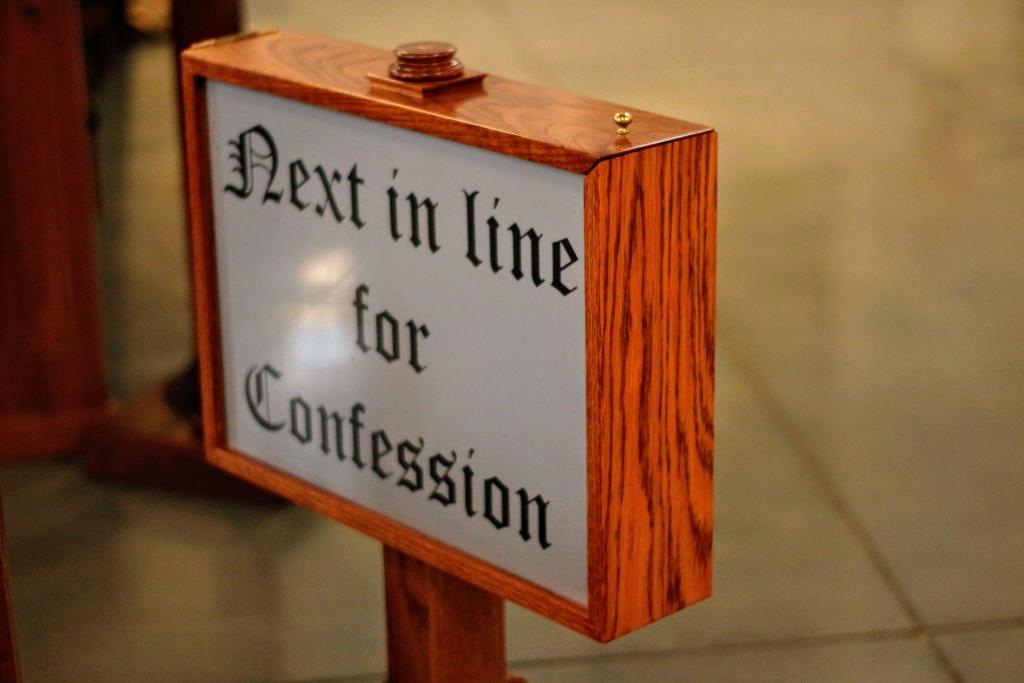Another week, another pastor accused of “moral failure.”
This time, the Christian leader struggle bus takes us to one of the fastest-growing cities in the country, Frisco, Texas, a bustling suburb of Dallas. (Full disclosure: Your author grew up about 10 miles away from this now metropolitan area.) Surprisingly, the unfortunate fall from grace happened from longtime assistant pastor to Chuck Swindoll at Stonebriar Community Church, Tony Cammarota.
The former pastor, who was with Swindoll for 17 years, reportedly “confessed to church leadership of a moral failure.” There was a public letter from Stonebriar staff that shared Cammarota was “deeply remorseful” and that his actions “disqualifies him from serving on our staff,” it’s difficult to get over the speed bump of the church’s all-too-familiar language.
Church jargon. Christianese. Pastor pablum. Evangelingo. There are several phrases that describe these chucklesome words only Christians use. You know? Those terms that are probably on your Sunday morning Bingo card?
- “Blessed and highly favored” (Usually in response to “How are you?”)
- “Excited” (Chiefly from youth pastors or the person sharing the announcements)
- “Active obedience” (As if “passive obedience” is a thing)
- “Apocalyptic” (No, a Starbucks closing does not qualify)
- “Seeker” (Some Aramaic code for “Non-Christian”)
- “Lay it down” (Which never comes up in any other conversation)
- And, say it with me, “Heads bowed. Eyes closed.”
Now, “moral failure” has become the woke term-du-jour to discuss sin. But why?
Sin is Failure Enough

Stories abound of people of spiritual authority falling by the wayside. It’s sad, unfortunate, and becoming far too common. Yet, it should not be greeted with a stone wall to the throne of grace. God forgives them. Us? Not so much. Maybe that’s why this softshoe terminology found its creation?
When a pastor is placed in the crosshairs of wrath (a “celebrity pastor,” no less), the sin is magnified exponentially. The standard for global discourse has always been that way. Wherever notable people in the Church are involved, sin or scrutiny will follow. From the 1870s alleged seduction of Rev. Henry Ward Beecher to the disappearance of Aimee Semple McPherson in the 1920s, moral failure was at the heart of discussion.
Then, failure was the farthest description from discussion with the heinous cults of Jim Jones and Tony Alamo in the 1970s or cataclysmic financial scams from Robert Tilton and Jim Bakker in the 1990s. That was evil. And now, with the recent string of questionable action becoming more routine, it appears we have come full circle. Is “moral failure” a way to take it easy on God’s servants? Does that term seem trendy now because we are so numb to these similar stories? Or, is that vernacular more Biblical in nature?
This, then, is how you ought to regard us: as servants of Christ and as those entrusted with the mysteries God has revealed. Now, it is required that those who have been given a trust must prove faithful. (1 Corinthians 4:1-2 NIV)
That is the Apostle Paul talking about–and directly to–Christian leadership. Most notably, stressing to the Church at Corinth, they “must prove faithful.” That is an ongoing, perpetual implication. We should all live as though the town gossip lives in our home because you never know when our dirty laundry will be exposed for all to see. And if those “clothes are on display” one fateful day, have we asked ourselves do we continue to prove faithful?
An esteemed man of faith and editor of Charisma, J. Lee Grady, wrote a compelling editorial about the effect of this endemic moral failure in the pulpit. One paragraph cannot be underscored enough in red Sharpie.
Here’s a simple reminder: There’s no problem with the gospel. There’s nothing wrong with God. He’s perfect, but since the beginning of time His followers have struggled with their flaws and sinful tendencies. Jesus gave us the power to avoid sin, but not every follower of Jesus fully embraces that power.
Moral failure. Human error. Accident. Diabolical intent. Whatever people choose to call it, the action is sin and the hopeful result from Satan’s point of view of people turning their back on God. Why would they do that? “Well, if these people can’t ever get it right, maybe God isn’t real after all?”
A note to anyone doubting the reality of Christ or any nature of good in instances like these: No one can ever get it right. As Grady said, “Jesus gave us the power to avoid sin.” That decision seen by everyone eventually affects our morals, but the ultimate failure is our choice to leverage that power–or not.


















